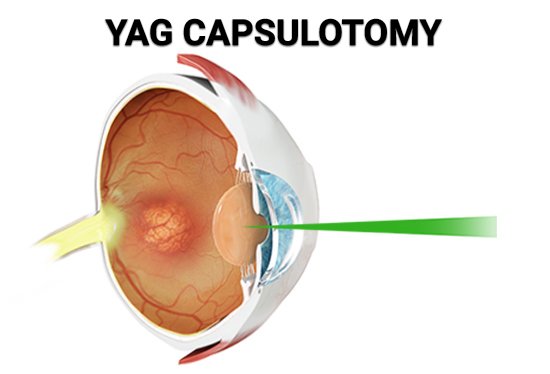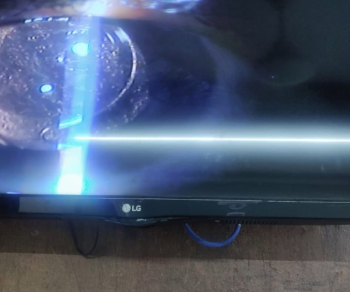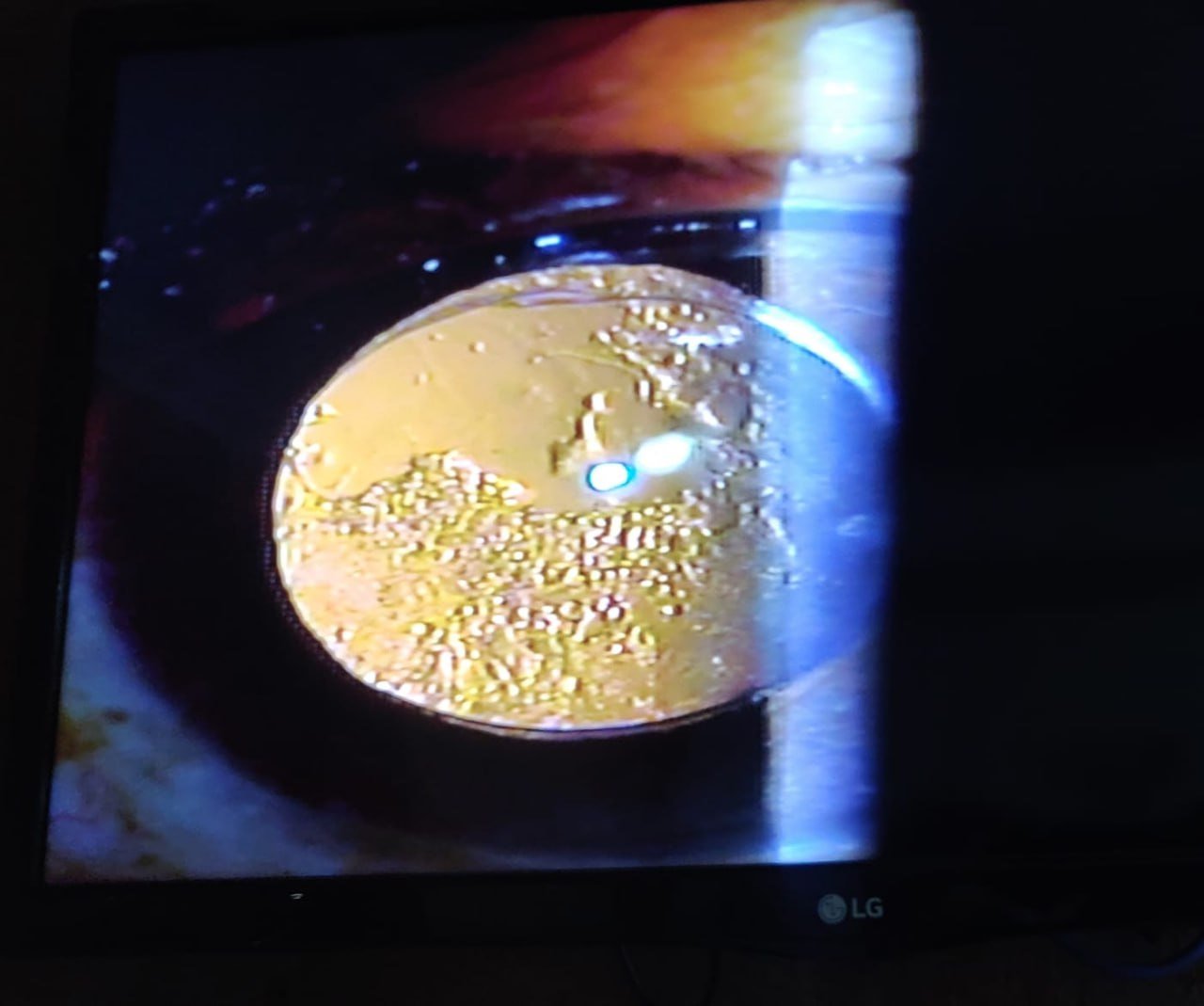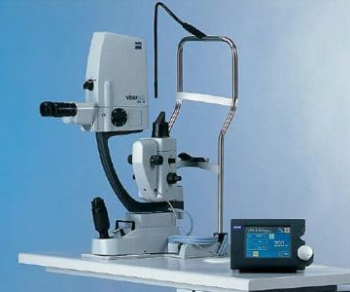Nd Yag Laser For Capsulotomy
Introduction
In the realm of ophthalmology, advancements in technology continually strive to enhance the quality of life for patients suffering from various visual impairments. Among these innovations stands Nd Yag Laser Capsulotomy, a procedure designed to address a common complication following cataract surgery. Let's delve into the intricacies of this technique, its benefits, and its role in restoring vision clarity.

What is PCO Posterior Capsule Opacification ?
Following cataract surgery, a patient's vision may gradually become hazy or blurry due to the thickening and clouding of the posterior lens capsule—a condition known as posterior capsule opacification (PCO). This occurrence can mimic the symptoms of cataracts, leading to decreased visual acuity and interfering with daily activities.
Nd Yag Laser Capsulotomy offers a precise and effective solution to this issue. The procedure involves the use of a neodymium-doped yttrium aluminum garnet (Nd Yag) laser to create an opening in the clouded capsule, allowing light to pass through and restore clear vision. This targeted laser treatment is non-invasive and typically completed in an outpatient setting.
Benefits of Nd Yag Laser Capsulotomy
- Improved Vision : By removing the cloudy posterior capsule, patients experience a significant improvement in visual acuity, often restoring vision to its pre-clouding clarity.
- Minimally Invasive : Nd Yag Laser Capsulotomy requires no surgical incisions, reducing the risk of complications and ensuring a quicker recovery period compared to traditional surgical interventions.
- Precision and Safety : The Nd Yag laser enables precise targeting of the affected area, minimizing damage to surrounding tissues and preserving the integrity of the eye.
- Quick Procedure : In most cases, the entire capsulotomy procedure can be completed in a matter of minutes, offering patients a swift and convenient solution to their vision concerns.
- Long-lasting Results : Once the cloudy capsule is removed, the likelihood of PCO recurrence is significantly reduced, providing enduring clarity for the patient's vision.
What Happens During Posterior Capsulotomy?
The procedure is done in your ophthalmologist's office or an outpatient surgery center. It only takes about 5 minutes. Here is what will happen :
- Your eye will be numbed with eye drops. You may be given other eye drops as well to dilate your pupil.
- Your ophthalmologist will point a special laser at the back of the lens capsule and make a small opening.
- Once your vision is clear after the procedure, you can usually do all of your normal daily activities. But you may need to have someone drive you home. Your ophthalmologist will tell you if there are things you should not do right after surgery.
- You may need to use eye drop medicine for a few days after the surgery. Your ophthalmologist will let you know if this is necessary.
- If you have no other eye problems affecting your vision, your sight should improve in about 24 hours.



